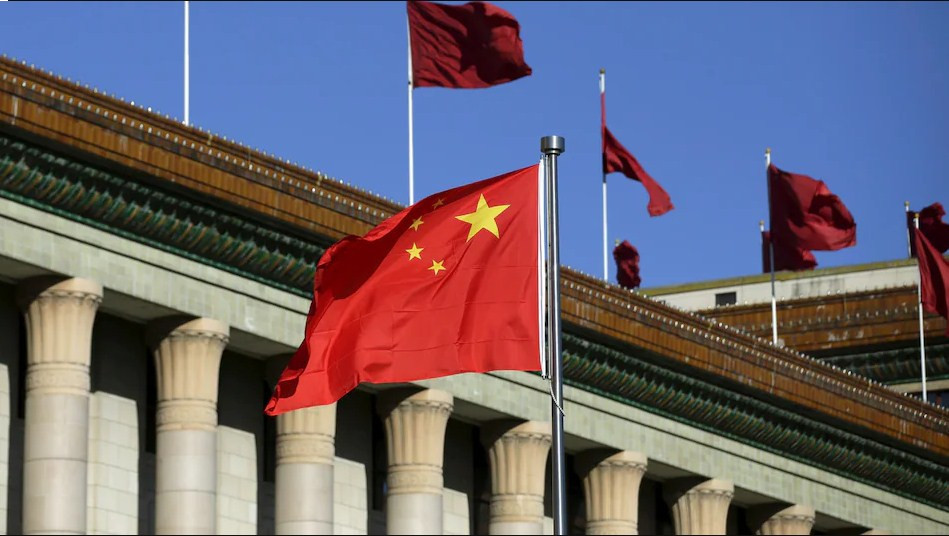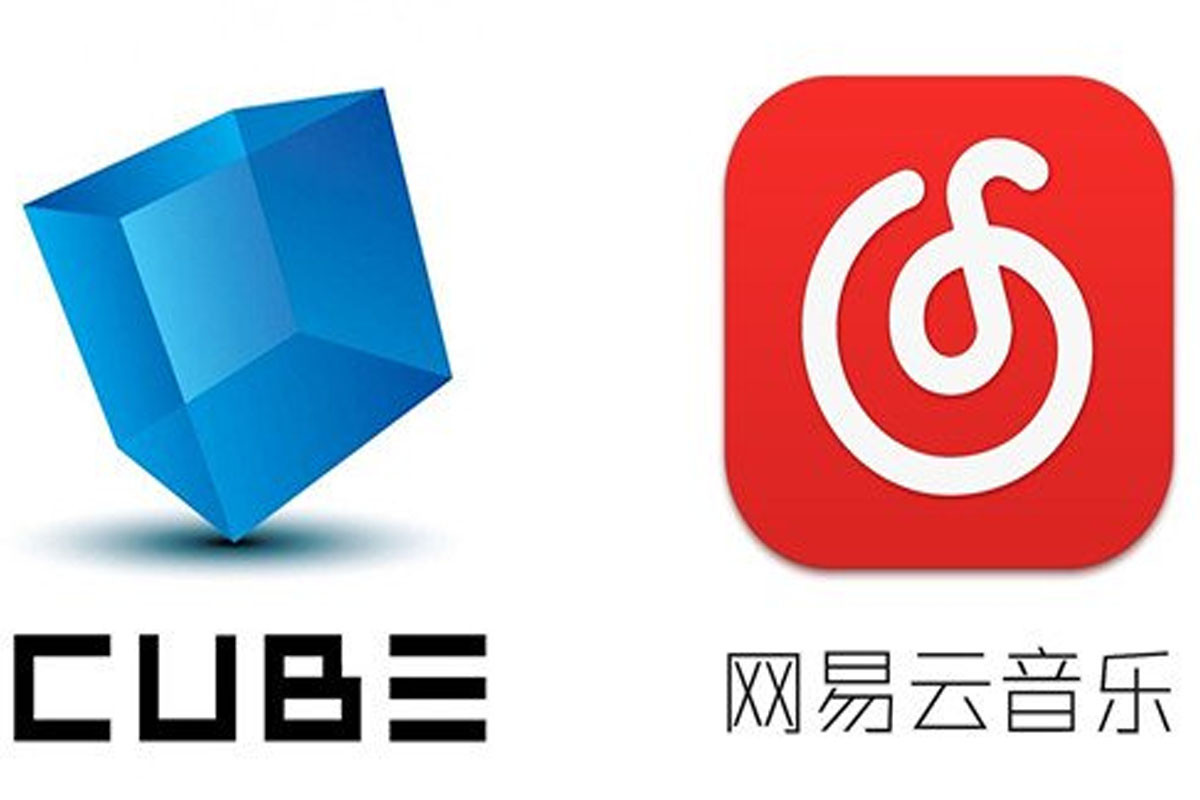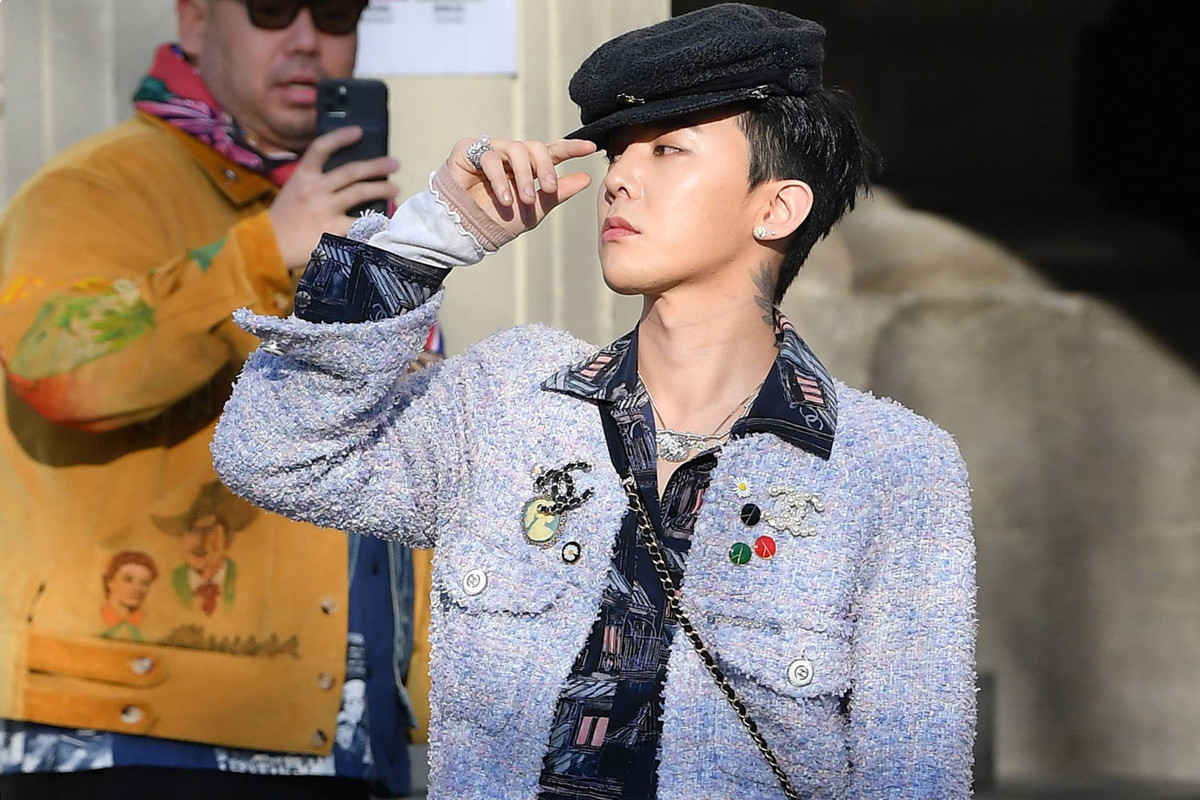With the coronavirus pandemic essentially contained in the country, approximately 600 to 700 cinemas have reopened, and...
- China's Rules on 'Deepfakes' to Come Into Force From January 10, Cyberspace Regulator Says
- 15 K-Pop idols with the most interactive fanbase in China in June 2020
- ASTRO Rocky to host Chinese Korean Wave show 'Idols Go To Work'
With the coronavirus pandemic essentially contained in the country, approximately 600 to 700 cinemas have reopened, and regulators are turning to past blockbusters to help fill seats.
As China works to reopen its movie theaters and rebuild its local film industry, the country is turning to some superheroes for help.
All four of Marvel's Avengers movies are set to be rereleased in the country in the coming days and weeks. Joining the effort will be past Hollywood blockbusters including Avatar and Warner Bros.' Christopher Nolan films Inception and Interstellar.
The blockbusters haven't yet received official rerelease dates, but a source at one of China's nationwide cinema operators tells The Hollywood Reporter that they will be made available to movie theaters "basically, whenever the DCPs reach the cinemas."
After placing strict restrictions on hundreds of millions of people, China appears to have successfully gained the upper hand against the new coronavirus. On Wednesday, the Chinese province of Hubei, where the coronavirus pandemic got its start, began allowing its estimated 60 million residents to resume travel. Over the past week, some cinemas across the country, along with other public-facing businesses such as restaurants and shopping malls, began tentative experiments to reopen.
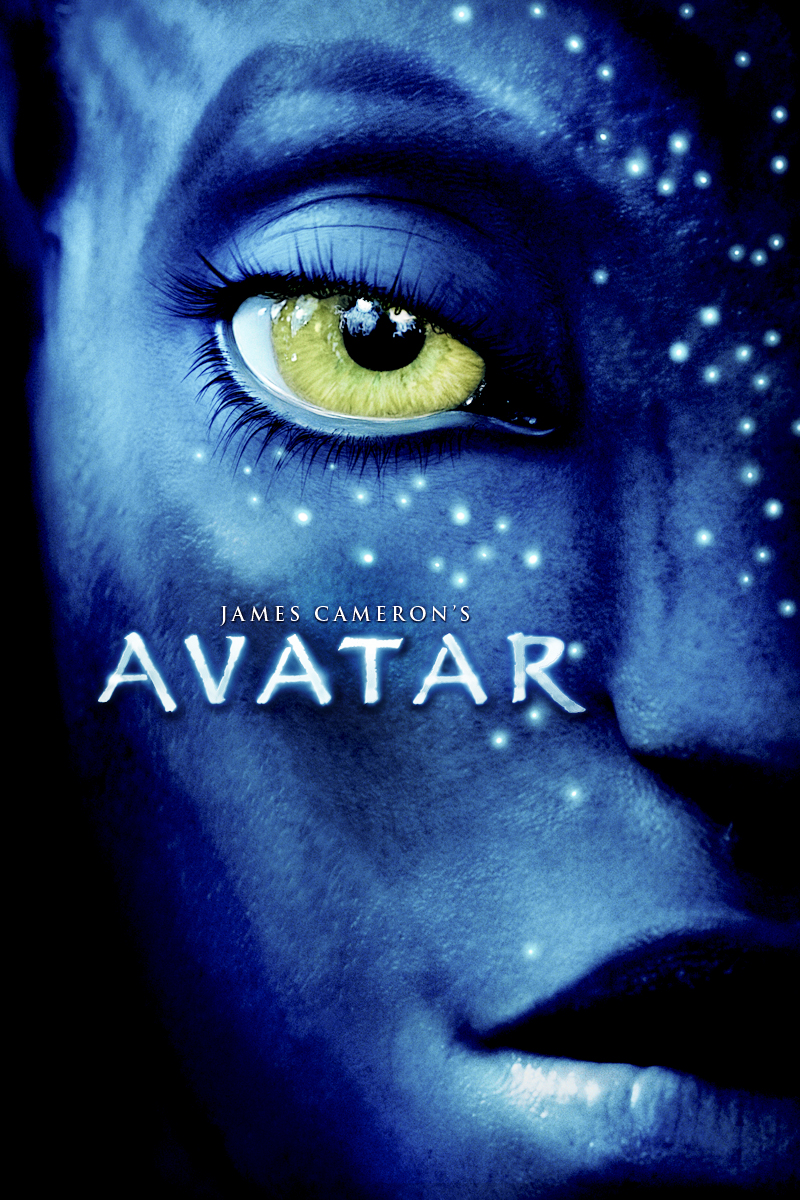
As of Wednesday afternoon, there were an estimated 600 to 700 Chinese movie theaters open for business. Many of the theaters were smaller operators with just several screens, located in remote regions of the country that were hit less hard by the epidemic during its peak in February. No nationwide Chinese cinema chains have announced a resumption of business yet, but more screens are switching on by the day.
China's efforts to reboot its cinema exhibition infrastructure offers a preview of the challenges other countries currently in lockdown — such as the U.S., European nations and all of India — will likely face when they eventually come out of the other end of the epidemic. China's theater operators have faced two interrelated difficulties: convincing customers it is safe to return to the multiplex in large numbers and convincing distributors that there are enough customers to resume marketing and releasing their most valuable film titles — and without the latter, it would seem hard to achieve the former.
Over the past week, China's Film Bureau has introduced measures to help address the bottleneck. In a deal hashed out with Chinese studios last week, state-backed distributor China Film Group said it would allow local theaters to rerelease a raft of past local blockbusters — including Wolf Warrior 2, The Wandering Earth and Wolf Totem, among others — while giving cinemas the right to keep 100 percent of ticket revenue. Local producers and distributors of the selected films agreed to forgo their usual 43 percent cut of sales as a "charity effort" to help their financially battered exhibition partners get back on their feet.
Now, it appears the Hollywood studios are putting forward some product too — although not for free. The rights holders of the U.S. tentpoles that are being brought back to Chinese screens will receive their usual 25 percent share of sales, according to a source at a Chinese theater chain. The Hollywood majors have received this 25 percent cut of ticket revenue since a 2012 U.S.-China trade deal. The split is already far below the usual 40 percent to 50 percent share that the studios receive in most markets around the world, and with cinemas currently shuttered in virtually every major market in the world, they would surely be loathe to give it up in the one territory where business is beginning to resume.
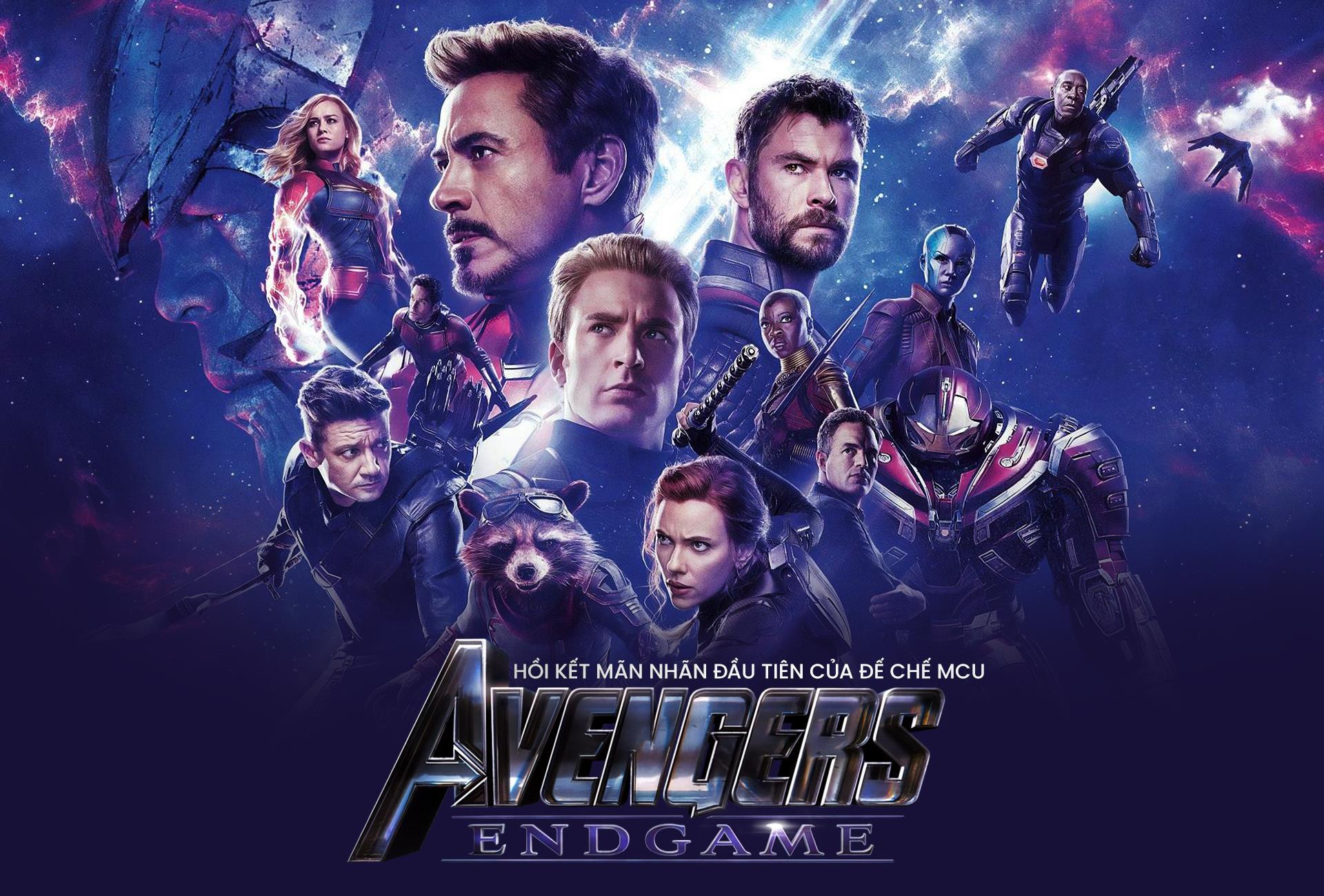
Rereleasing fan favorites can mean big business in China. Back in 2012, a 3D rerelease of James Cameron's Titanic earned $145 million. In 2018, Japanese anime master Hayao Miyazaki's 2001 classic Spirited Away earned $69 million from a China rerelease.
The Hollywood titles set for rerelease over the coming weeks (or months) are among the most popular movies in China's box office history. Avatar earned a historic $202 million there in 2009, when China had just a small fraction of its current total of 70,000 movie screens. Inception took in $68.5 million in 2010 — it has since developed a strong cult following — and Interstellar earned $122 million in 2015. The Avengers franchise, meanwhile, is by far China's favorite international film property: The four installments collectively grossed $1.3 billion in China.
One amusing outcome of the rerelease plans for analysts will be the additional lap it adds to the all-time box-office race between Avatar and Avengers: Endgame. The Marvel franchise closer is currently the reigning king (not adjusted for inflation) with $2.798 billion worldwide over Avatar's $2.744 billion total. What rerelease dates will the two films receive? How many Chinese cinemas will have reopened by then? And how will the Chinese audience react? There is no end to this game, it seems.
